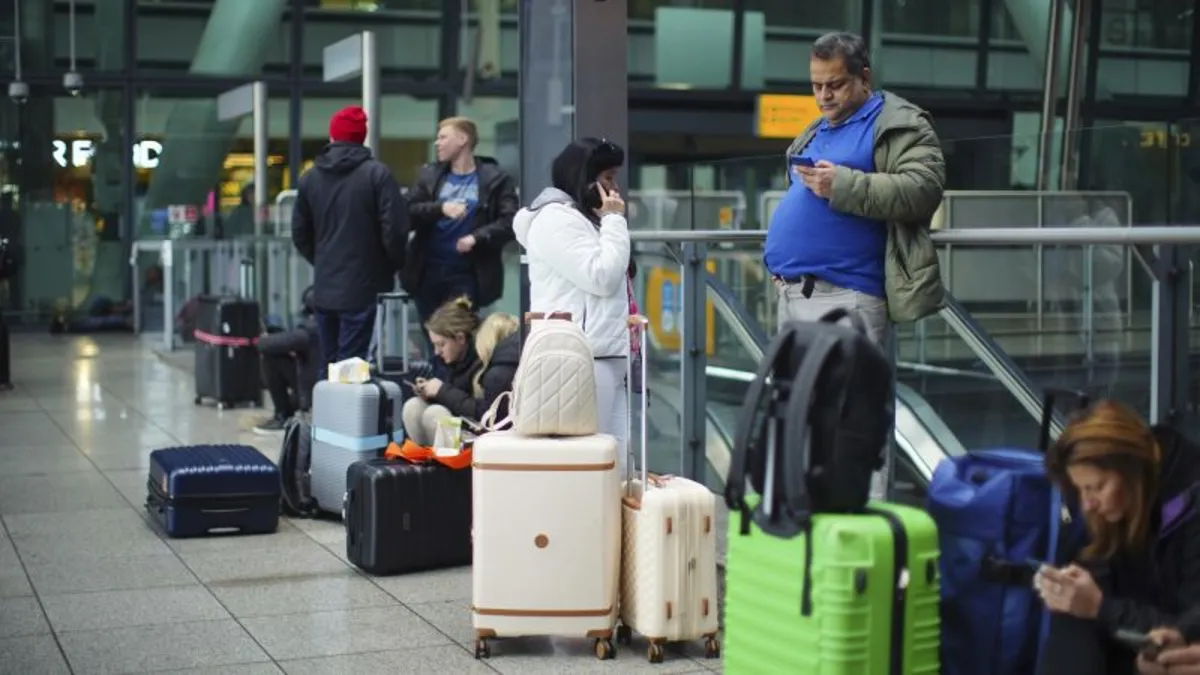
In a significant move, Heathrow Airport, known as Europe’s busiest airport, defended its decision to halt operations on Friday. This unprecedented closure lasted for 18 hours, resulting in substantial financial losses for airlines, estimated to be in the tens of millions of pounds, and leaving thousands of passengers stranded.
The sudden shutdown of such a critical part of Britain’s infrastructure raised numerous questions. Not only was there concern regarding the necessity of closing all four terminals, but the nature of the failure itself was also scrutinized. Both Heathrow and the National Grid acknowledged that the failure of a transformer was an extraordinary event. However, the airport found itself in a defensive position after the CEO of National Grid, John Pettigrew, stated to the Financial Times that the electricity transmission network was capable of supplying power to the airport during the crisis.
According to Heathrow officials, a fire at a nearby substation late on Thursday night was the catalyst for the operational disruption. This incident forced the airport to cease operations while reconfiguring its systems and switching power sources to an alternative substation. A spokesperson for Heathrow explained, “Hundreds of critical systems across the airport were required to be safely powered down and then safely and systematically rebooted.” This highlights the airport's complexity and the challenges involved in restarting operations after such a significant disturbance.
In the wake of the closure, John Pettigrew emphasized that two other substations were available to supply power to Heathrow, underscoring the resilience of the national grid. He stated, “Two substations were always available for the distribution network companies and Heathrow to take power,” reinforcing the notion that the grid was not at fault.
Airlines, particularly British Airways, which was the worst affected, are currently calculating the financial impact of the shutdown. In response to the incident, both the government and Heathrow have initiated reviews to investigate the circumstances surrounding the closure. Transport Minister Heidi Alexander remarked, “It’s really important that we do learn the lessons from this, and that’s why I think those two reviews… are going to be really critical.” This statement underscores the importance of accountability and future preparedness in maintaining airport operations.
When asked on LBC Radio about her confidence in Heathrow’s CEO, Thomas Woldbye, Alexander indicated her desire to await the findings of the ongoing reviews before forming a judgment. It is worth noting that Heathrow is a private company, owned by a consortium that includes French investment group Ardian, the Qatar Investment Authority, and Saudi Arabia’s Public Investment Fund, among others. This ownership structure adds another layer of complexity to the situation as stakeholders seek clarity and resolution.
As the investigation progresses, the focus remains on ensuring that lessons are learned from this incident to prevent future operational disruptions at Heathrow Airport and to protect the interests of both passengers and airlines.